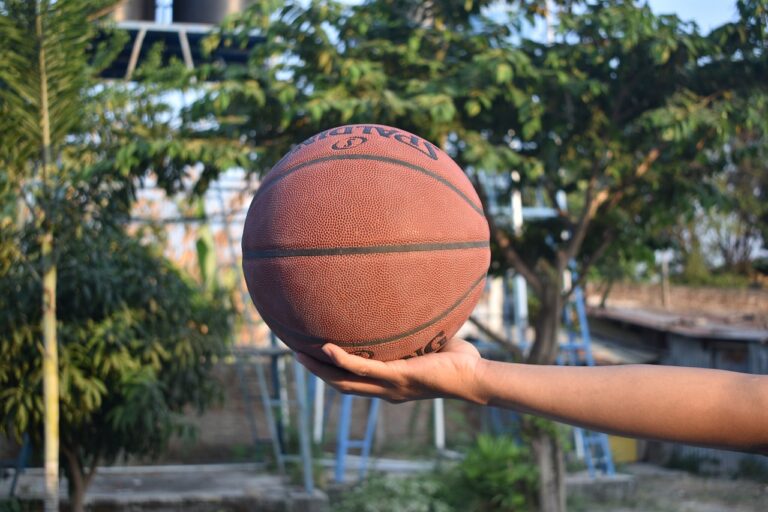The Impact of Age on Fitness: Training Considerations for Different Life Stages
betbhai9 com sign up, playexch, gold365win: As we age, our bodies go through various changes that can impact our fitness levels and ability to train effectively. It’s essential to understand these changes and tailor our fitness routines to accommodate them at different stages of life. In this article, we will explore the impact of age on fitness and provide training considerations for different life stages.
In Your 20s: Building a Strong Foundation
Your 20s are a great time to focus on building a strong foundation of fitness. This is the period when you have the most energy and recovery capabilities, making it easier to push yourself in your workouts. Strength training, high-intensity interval training (HIIT), and cardio are all excellent choices for this age group.
In Your 30s: Maintaining and Preventing Injury
As you enter your 30s, it’s essential to focus on maintaining your fitness levels and preventing injury. This is the age when your metabolism starts to slow down, making it easier to gain weight. Incorporating flexibility and mobility exercises into your routine can help prevent injury and keep you moving well.
In Your 40s and 50s: Adjusting for Hormonal Changes
During your 40s and 50s, hormonal changes can impact your fitness levels. Women may experience menopause, leading to changes in metabolism and muscle mass. Men may also experience a decline in testosterone levels. Adjusting your training program to include more strength training and focusing on proper nutrition can help combat these changes.
In Your 60s and Beyond: Focus on Functional Fitness
As you enter your 60s and beyond, focusing on functional fitness becomes essential. This means training your body for everyday movements like bending, lifting, and reaching. Balance and flexibility exercises are also crucial for preventing falls and maintaining independence as you age.
FAQs:
– Is it too late to start exercising if I’m in my 50s or 60s?
It’s never too late to start exercising! Even if you haven’t been active in the past, starting a fitness routine can still provide numerous health benefits.
– How often should I exercise as I age?
The frequency of exercise can vary depending on your fitness level and goals. Generally, aim for at least 150 minutes of moderate-intensity aerobic activity per week, along with strength training exercises twice a week.
– Should I consult a healthcare provider before starting a new fitness routine?
It’s always a good idea to consult with a healthcare provider before starting a new fitness routine, especially if you have any underlying health conditions or concerns.
In conclusion, the impact of age on fitness is significant, and it’s essential to adjust your training program accordingly as you move through different life stages. By understanding these changes and incorporating appropriate training considerations, you can continue to prioritize your health and wellness as you age. Remember, it’s never too late to start or adapt your fitness routine to meet your individual needs and goals.







